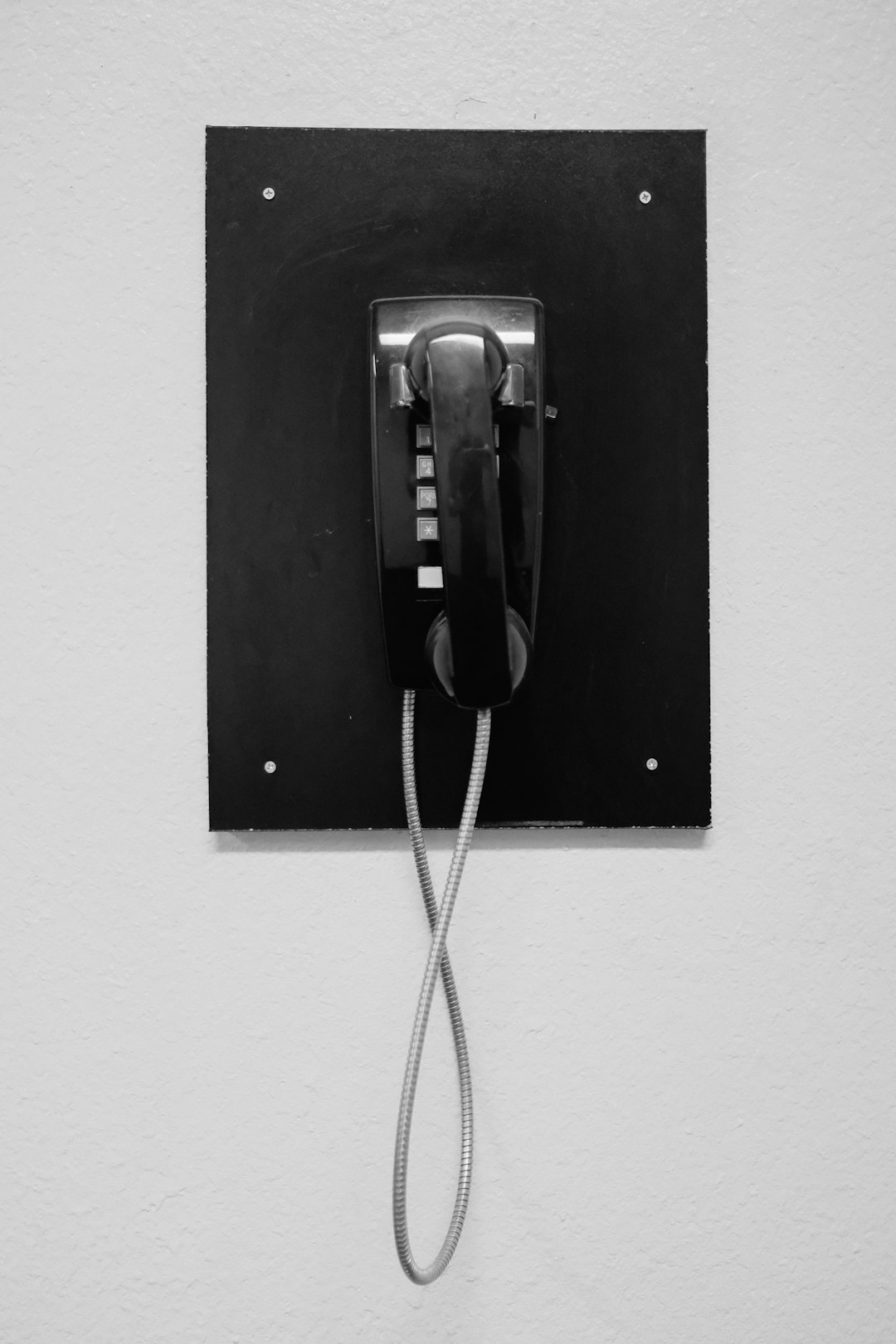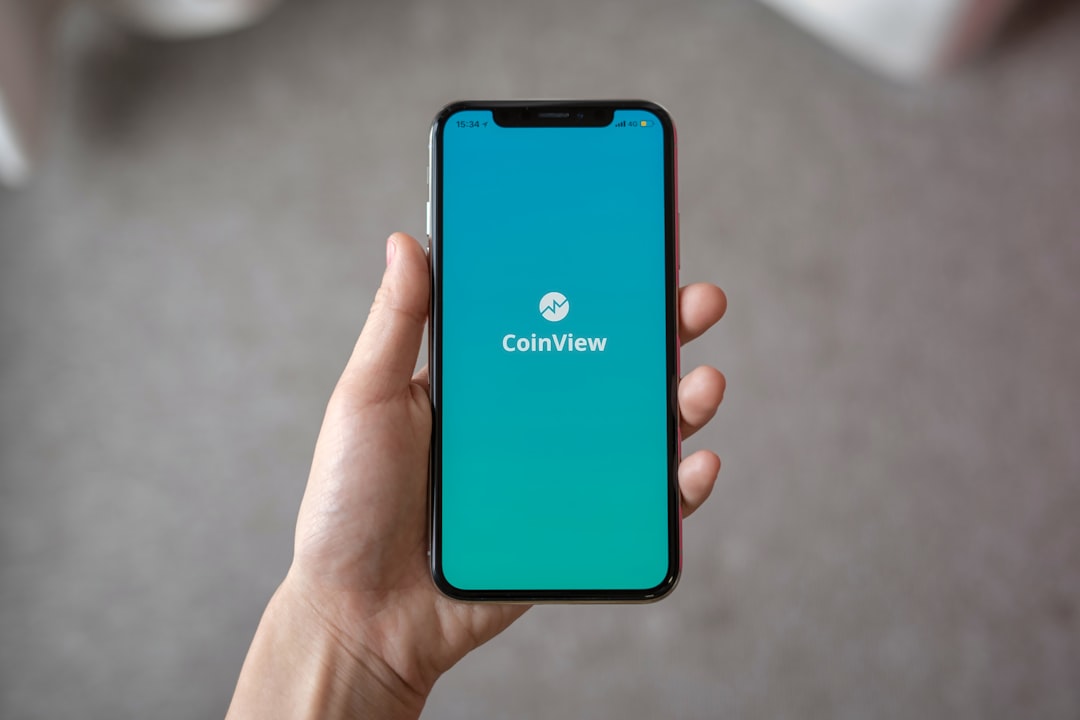Spam calls from telemarketers are a growing problem in Nebraska, disrupting daily life and raising privacy concerns. Local workshops organized by law firms empower residents to combat this issue through education on identifying and reporting spam calls, legal aspects of regulation, blocking numbers, and security measures. By collaborating with community groups, these workshops foster a proactive approach to create a safer communication environment for all Nebraskans.
In Nebraska, as across the nation, spam calls remain a persistent nuisance, impacting individuals’ daily lives. This article explores how local workshops can serve as powerful tools for educating communities about these unwanted communications. We delve into the specific role of law firms in hosting such workshops, providing practical strategies to engage clients and foster awareness about mitigating spam calls. By empowering Nebraskans with knowledge, we aim to create a more informed and protected environment.
Understanding Spam Calls and Their Impact in Nebraska

Spam calls, or unsolicited telephone marketing calls, have long been a nuisance for many Nebraskans. While some may consider them harmless pranks, these calls can have a significant impact on individuals and businesses alike. The constant barrage of unknown numbers on one’s caller ID not only disrupts daily life but also raises concerns about privacy and security. In Nebraska, where the spam call law firms are increasingly prevalent, it has become more important than ever to educate residents about their rights and the measures they can take to mitigate these unwanted intrusions.
The impact of spam calls extends beyond mere frustration. Many Nebraskans have reported feeling harassed and violated by persistent and aggressive marketing tactics. Moreover, these calls can be a vehicle for scams, phishing attempts, and even identity theft. Understanding the law regarding spam calls is crucial; Nebraska has implemented specific regulations to protect consumers from excessive or deceptive telemarketing practices. By educating the public about their rights and available remedies, residents can better navigate this modern-day challenge and ensure a safer, more secure communication environment.
The Role of Local Workshops in Community Education

Local workshops play a pivotal role in empowering Nebraskan communities to combat the rising issue of spam calls. These educational sessions provide an intimate setting where residents can gain valuable insights into identifying and managing unwanted phone communications. Through interactive demonstrations and real-world scenarios, attendees learn effective strategies to minimize the impact of spam calls on their daily lives.
Workshops organized by local law firms in Nebraska offer a practical approach to understanding the legal aspects of spam call regulation. Participants not only familiarize themselves with existing laws but also discover innovative ways to report and block such calls. By fostering open dialogue, these workshops encourage community members to take proactive measures, ensuring a safer and less disruptive communication environment for all.
Practical Strategies for Law Firms to Engage and Inform Clients

Law firms in Nebraska have a unique opportunity to educate clients about spam calls through interactive local workshops. One effective strategy is to host seminars or webinars focused on recognizing and reporting spam calls, empowering attendees with practical knowledge. These sessions can cover various tactics, such as teaching clients how to block numbers, identify suspicious calls, and report them to the appropriate authorities. By providing step-by-step guides and demonstrations, law firms can ensure clients feel equipped to handle these intrusions.
Additionally, lawyers can collaborate with local community groups or businesses to organize workshops targeting specific demographics. Tailoring these events to different audiences, such as seniors or small business owners, allows for more personalized information delivery. Law firms can also offer practical tips on privacy settings and security measures to prevent spam calls from reaching clients in the first place. Engaging clients interactively not only helps them understand the issue but also fosters a sense of community and shared responsibility in combating spam calls in Nebraska.






